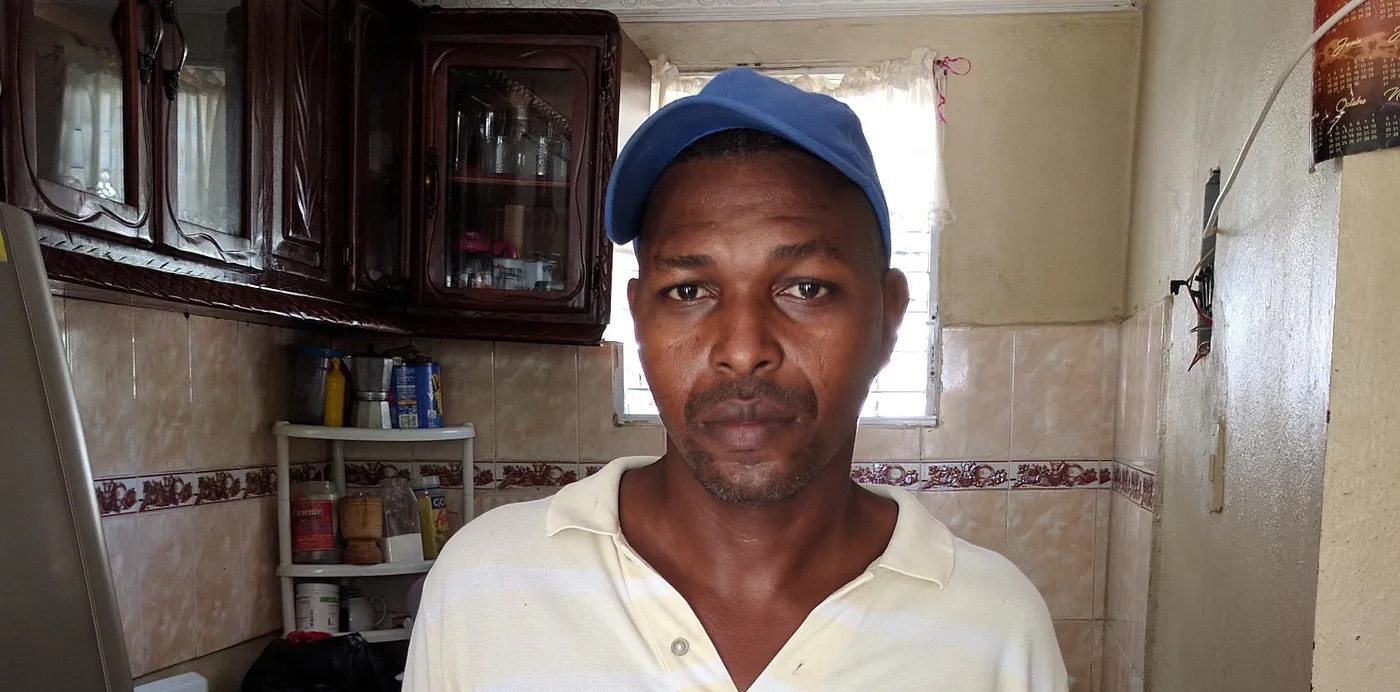


There are over 1 million Haitian immigrants and people of Haitian descent in the Dominican Republic (DR).¹ Recent changes to immigration law and the current social and political climate in the country have resulted in active deportations and discrimination.²
Immigrants in the DR face systemic and behavioral barriers to accessing reliable information. Changes to immigration policy often go unpublicized or are in legalese. People are often afraid to seek out immigration advice from government sources because they worry they will be deported or penalized. If they do go to government offices, they can incur significant travel expense and time away from work, sometimes spending hours — even days — waiting in lines.

Based on the need for a trustworthy and accessible source for information about immigration questions, we created a service called Aliados (Spanish for “Allies”). Aliados is composed of four components:
Easy to understand information for people with low-literacy offered in Spanish and Haitian Kreyol.
Centralized, updated and reliable news related to policies, and what steps to take regarding the most common immigration issues.
A semi-automated question and answer service (“chatbot”) that provides advice and information in real-time, 24 hours per day.
A Facebook page for updates tailored to the needs of people of Haitian descent, the largest migrant group in the DR.
The Facebook page disseminates information and allows users to interact, support, and advise one another.
We piloted Aliados following ethnographic research in the DR in order to evaluate the effectiveness — and cost-effectiveness — of reaching undocumented immigrants via Facebook, identify key information that immigrants sought, and test low-literacy methods for effective communication.

The current version of Aliados provides information to help immigrants navigate: new changes to residency requirements, ID cards, passports, birth certificates, and visas.
During our month-long pilot period, Aliados:
Provided answers to questions from more than 10,500 unique Facebook users in Spanish and Kreyol.
Received more than 2,500 likes on the Aliados Facebook page.
Reached tens of thousands of immigrants with outbound educational content; for example, a Facebook post providing a Kreyol translation of an announcement from the Department of Migration was seen by 4,399 people (at no cost).
Facebook is a remarkably effective channel for communicating with undocumented immigrant populations. Many people regularly connect to public WiFi to check Facebook or have free data access through Facebook Lite. Indeed, Facebook is considered a source for news among immigrants. Finding and communicating with people on Facebook is significantly more cost effective than traditional in-person interventions. Our advertising cost for each new, unique user was $0.03, and we believe we can get this even lower.